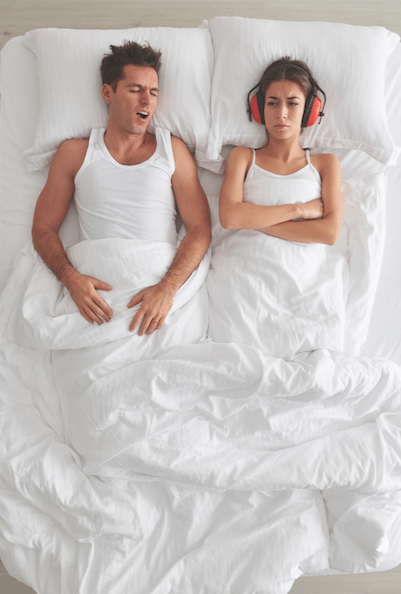A new study by Australian researchers suggests that men and women are affected differently by sleep disorders.

“We found that females were more likely to have sleeping disorders associated with daytime sleepiness,” says study co-author John Malouf, founder of the SleepGP sleep clinic in Coolangatta, Queensland. “Females were also likely to feel more affected by the burden of their symptoms.”
The main purpose of the study was to understand the differences in functional status between the sexes when they go to primary care providers with sleep problems.
“What was surprising about the results was that while men and women tended to present at a similar age, their symptoms and the effect on their lives differed markedly,” says lead author Allegra Boccabella, research associate for SleepGP. “We didn’t expect there to be differences across the board in terms of the different aspects of people’s lives.”
Boccabella and Malouf conducted a retrospective clinical audit of 744 patients who received sleep-related health care from seven private general practices in Australia between April 2013 and January 2015. Patients completed a variety of sleep-related questionnaires.
According to the authors, understanding how the symptoms reported by women differ from those of men can help medical professionals manage sleep disorders more holistically.
“If we can identify the ways that their lives are affected, we can help produce better outcomes for the patient,” Boccabella says.
Study results were published in the May 15 issue of the Journal of Clinical Sleep Medicine.



